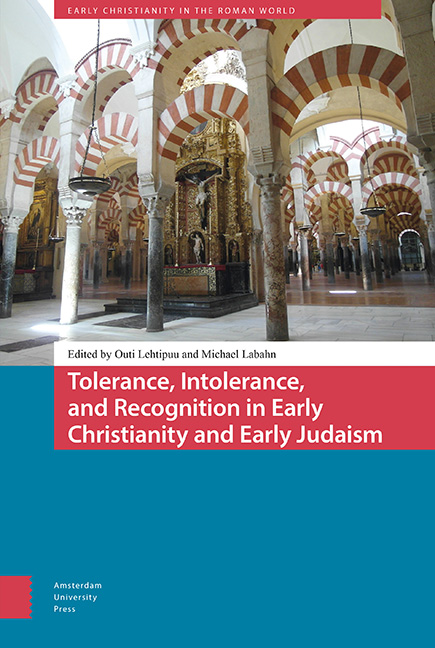Introduction
Published online by Cambridge University Press: 16 July 2022
Summary
One of the best-known landmarks in the city of Córdoba in Andalusia is the Mezquita, the Mosque–Cathedral, a remarkable monument with two identities. Formerly a mosque that could hold up to 40,000 persons, in the thirteenth century it was converted to a Catholic church, with a Renaissance nave later added to the building. Today, the Mosque–Cathedral serves as the main church of Córdoba, where Christians regularly gather to celebrate the Mass.
The Mosque–Cathedral symbolizes the diversity of religions characteristic of the history of all Andalusia. In the twelfth century, both the Jewish scholar Maimonides and the Muslim philosopher Ibn Rushd (also known as Averroes) lived and worked in Córdoba, where one of the world's largest libraries at the time was located. Indeed, this period of the city's history is often represented as one of peaceful convivencia (coexistence), where those belonging to different religious traditions could live together peacefully.
When the European Association of Biblical Studies (EABS) announced that it would gather in Córdoba in 2015, as chairs of the Early Christianity research group we decided to devote the topic of our discussion to religious tolerance and mutual recognition. Despite several early Christian texts reflecting suspicion of and open hostility toward “others,” we encouraged participating scholars to focus on other modes of interaction found in early Christianity. We challenged them to look for examples of constructive dialogue in ancient sources and seek out the signs of peaceful coexistence among different religious traditions. Some of this research has resulted in the contributions published within the core of this volume.
Another important source of inspiration for this volume is the work conducted in the Centre of Excellence on Reason and Religious Recognition, funded by the Academy of Finland and hosted by the Faculty of Theology at the University of Helsinki between 2014 and 2019. One of its research teams set its focus on the interaction between religious traditions in antiquity, including Judaism, Christianity, and Greco-Roman religions. One of the crucial starting points of this multidisciplinary team was to avoid studying any of these religious traditions in isolation.
- Type
- Chapter
- Information
- Publisher: Amsterdam University PressPrint publication year: 2021



